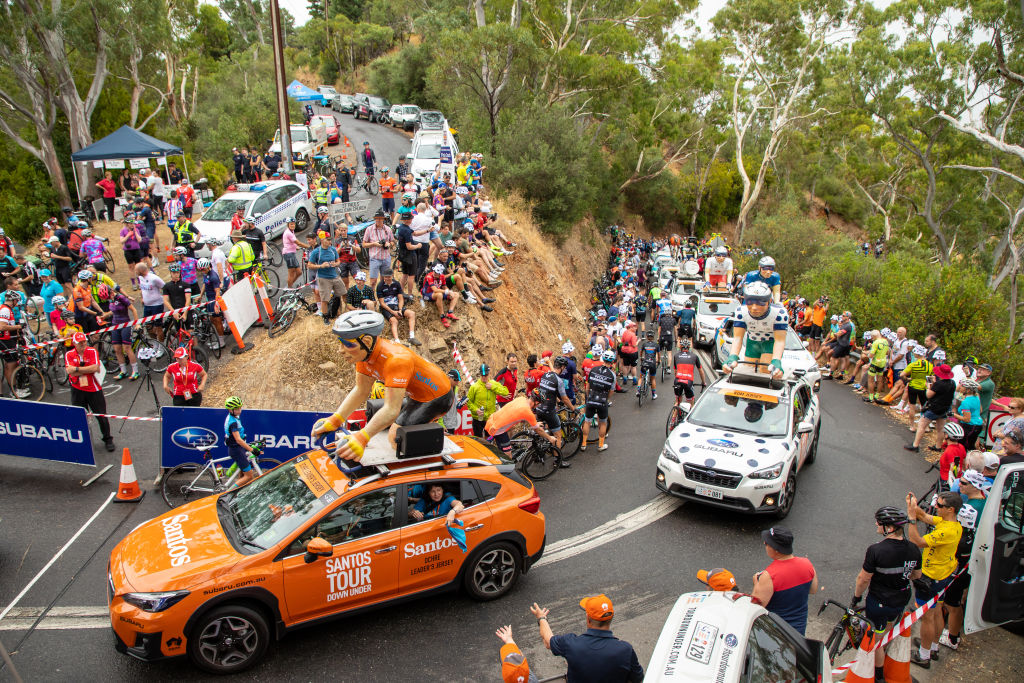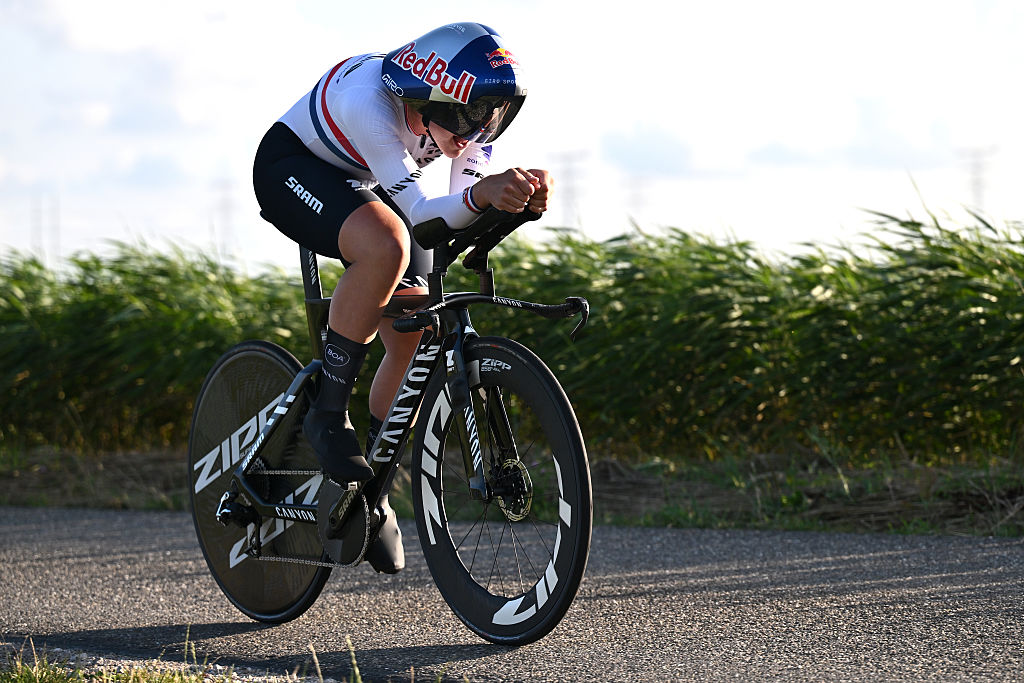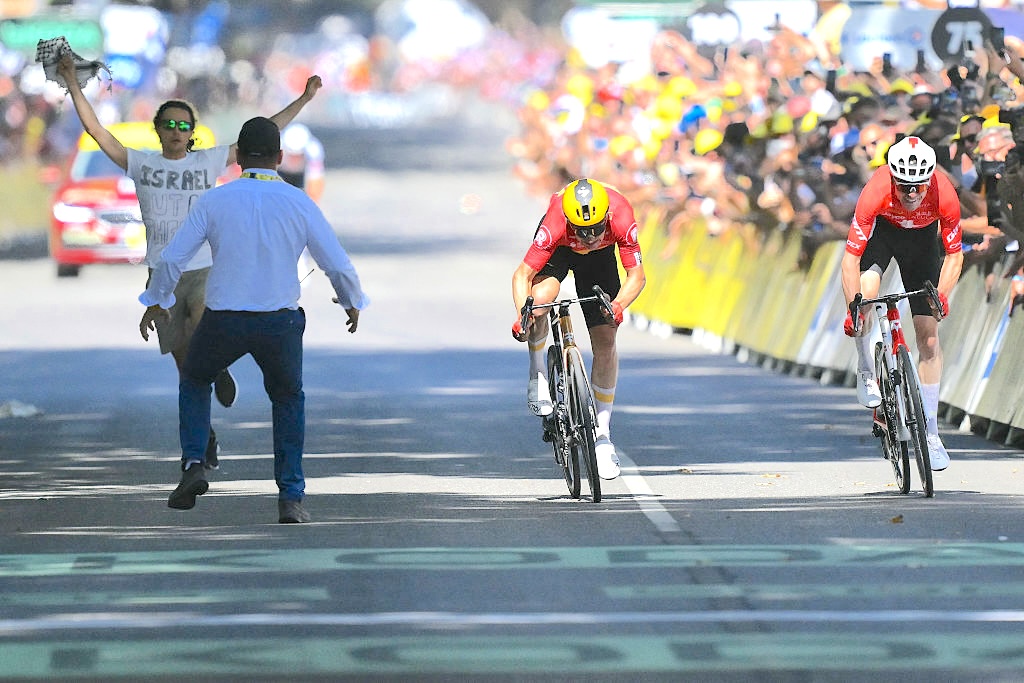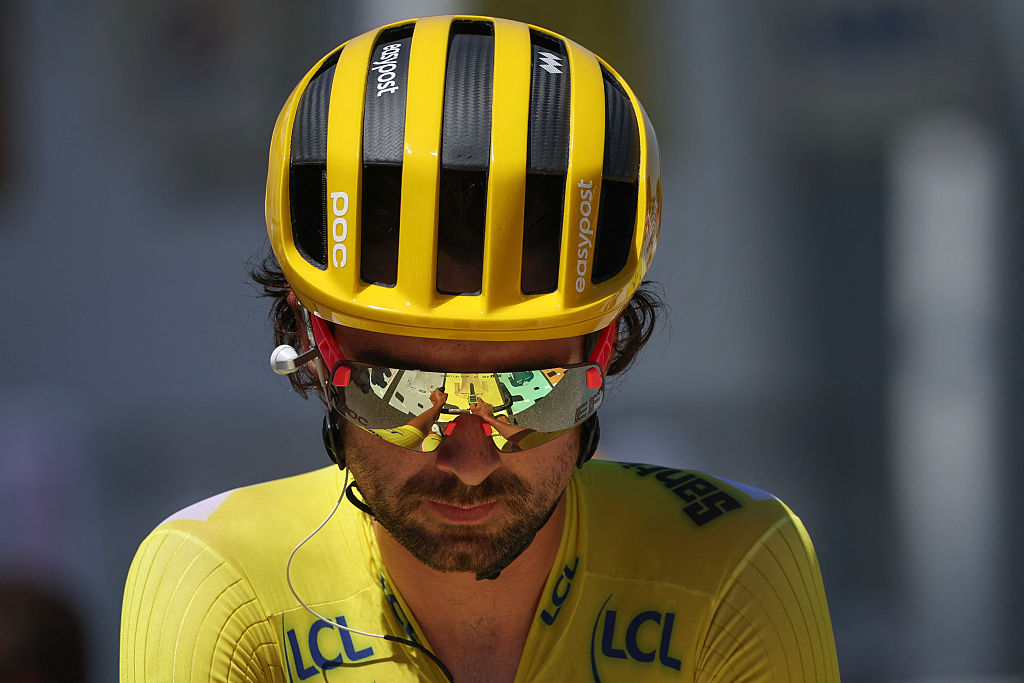Cavendish pips Haussler on the line
Mark Cavendish of Team Columbia-Highroad defied the skeptics, coming...
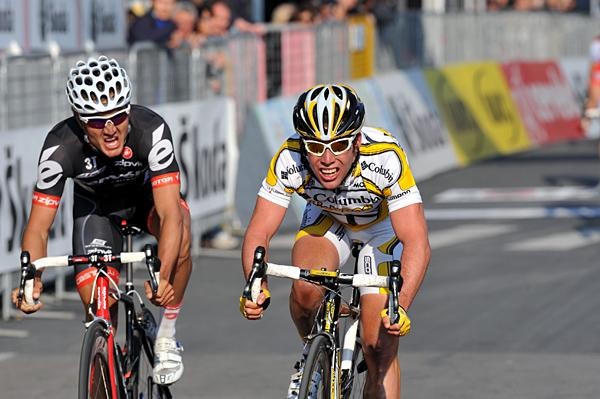
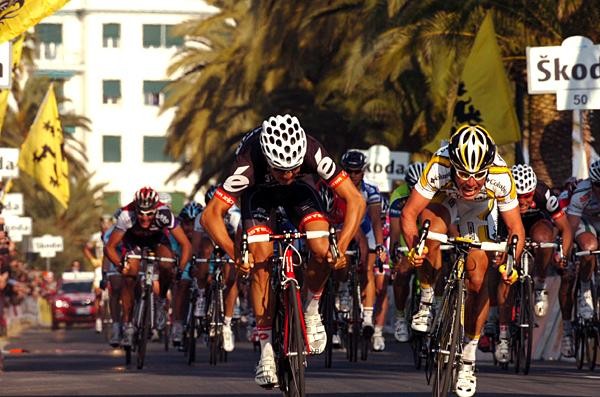
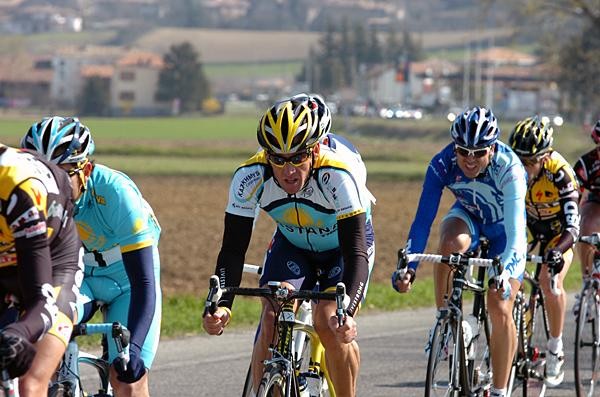
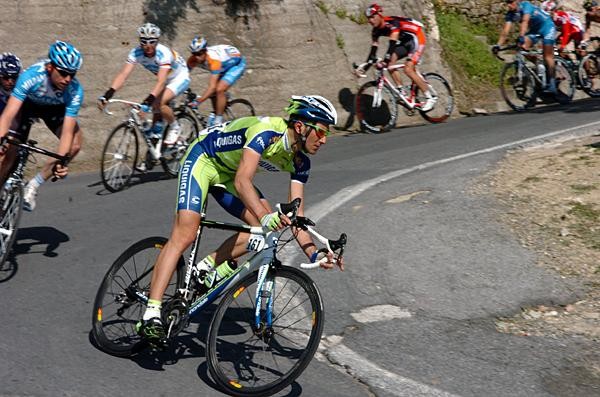
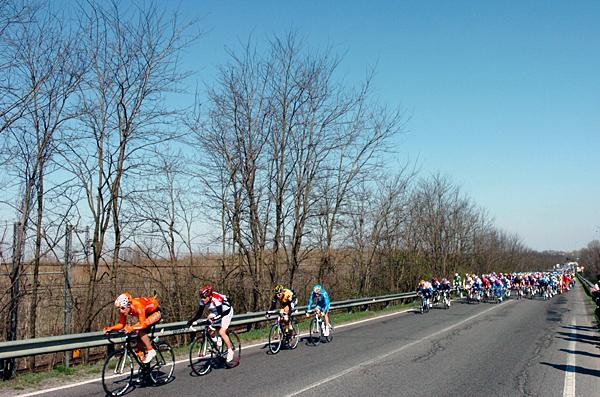
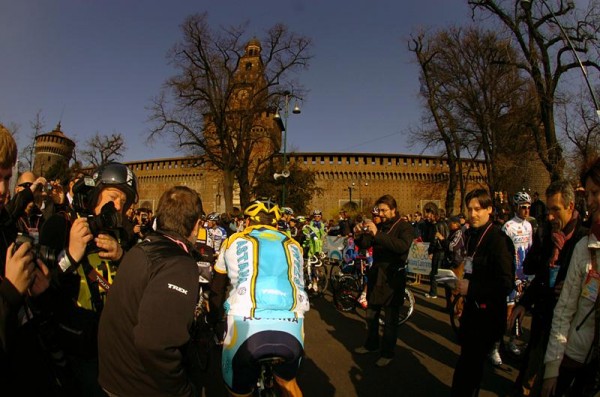
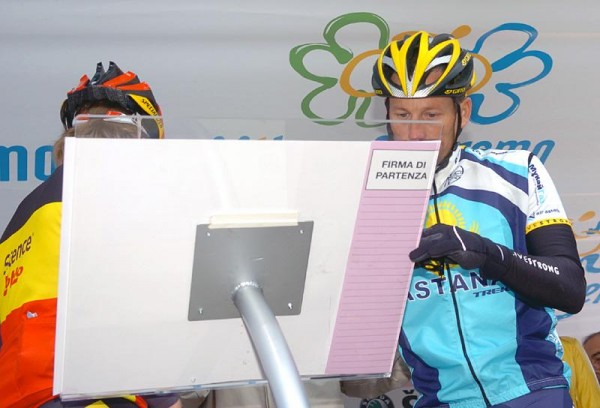
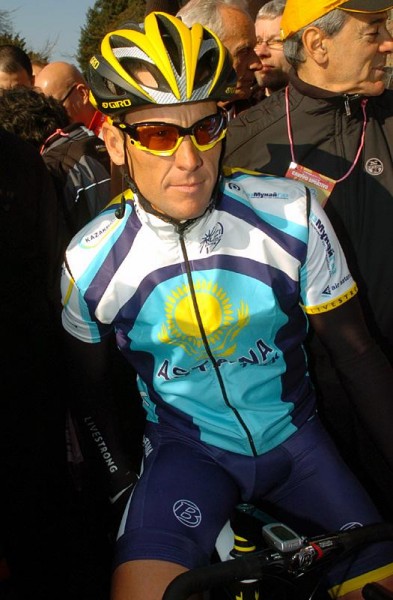

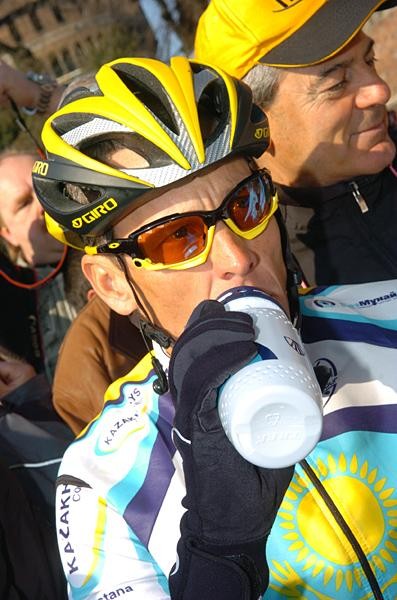
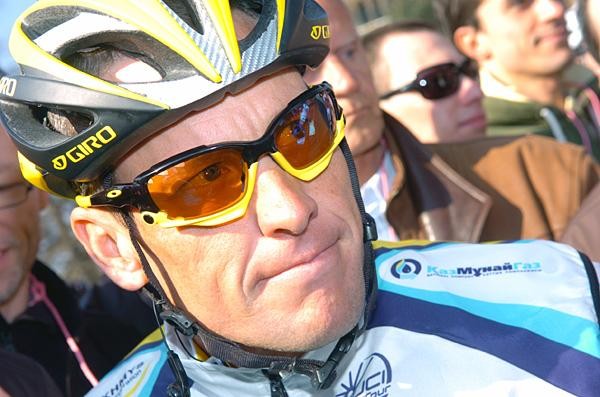
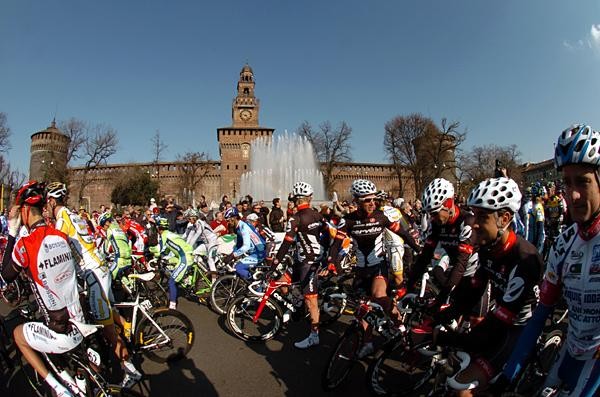

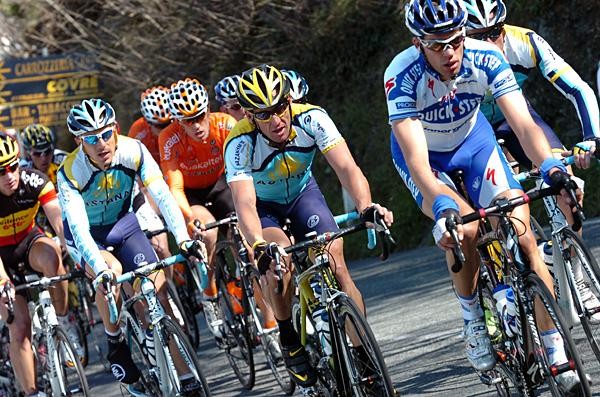
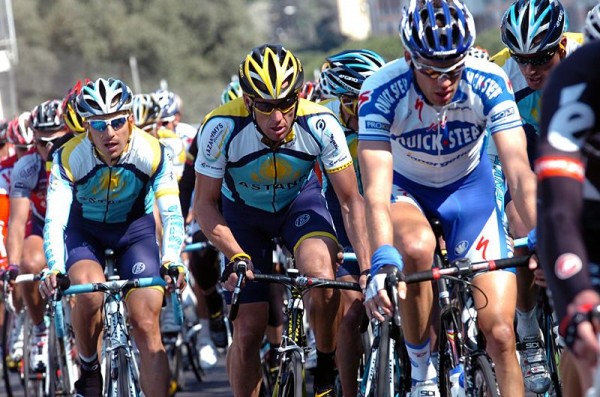
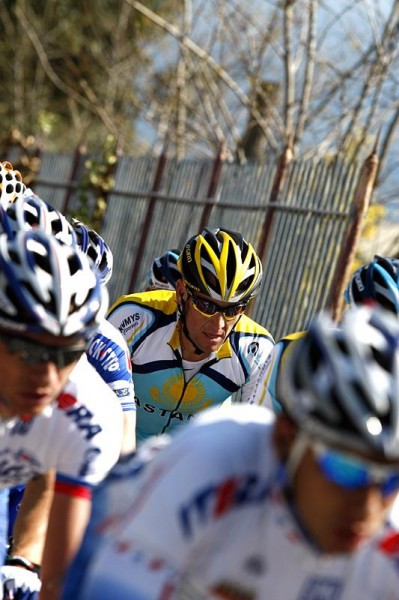
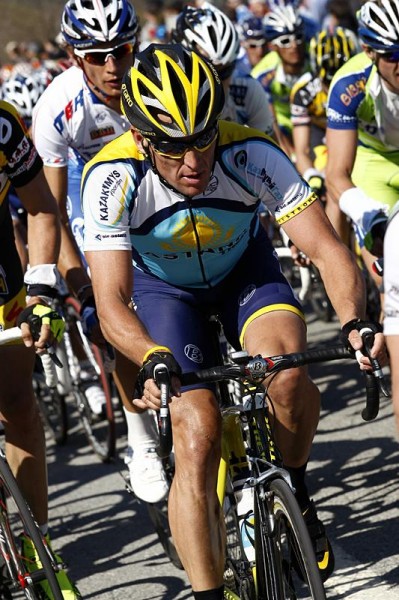
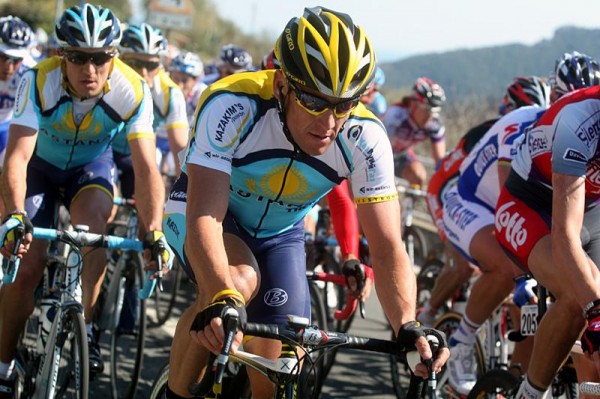
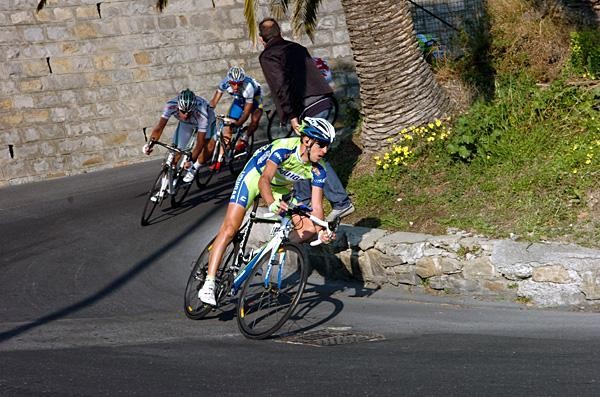
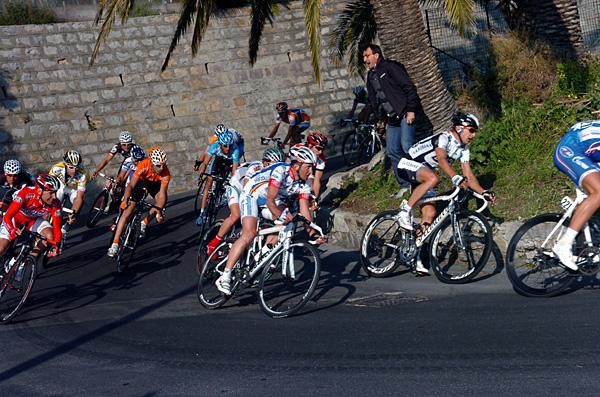
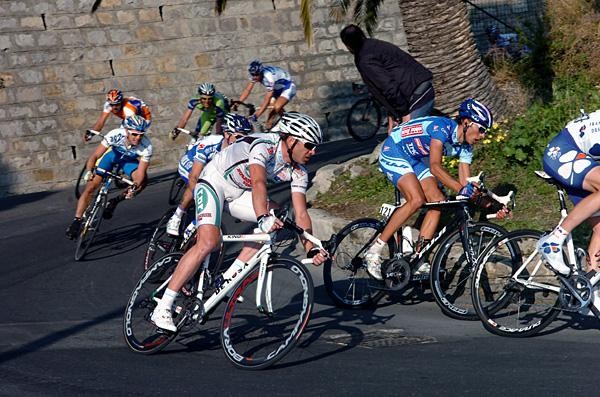
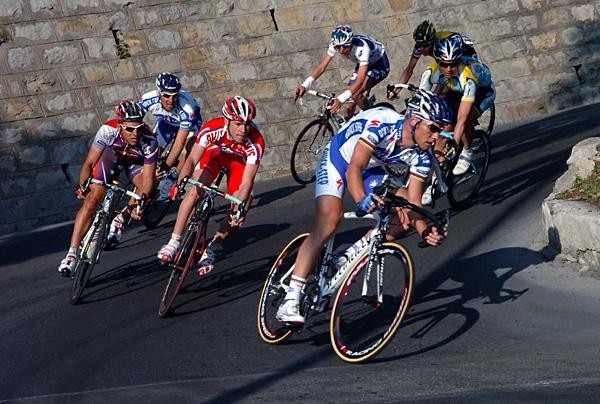
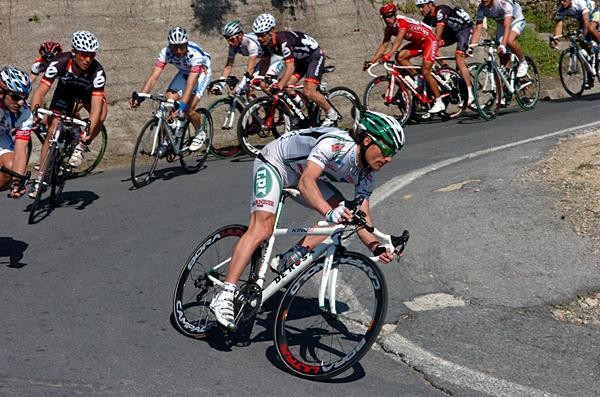
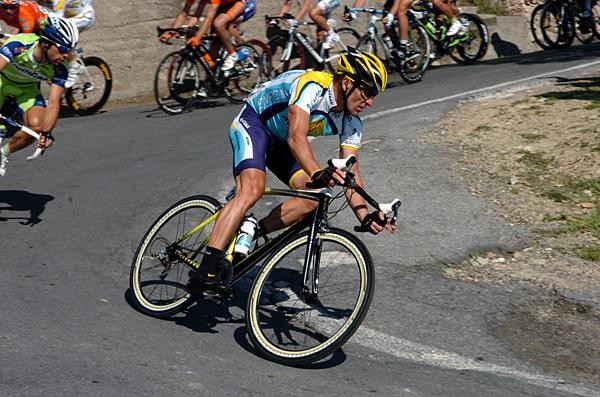

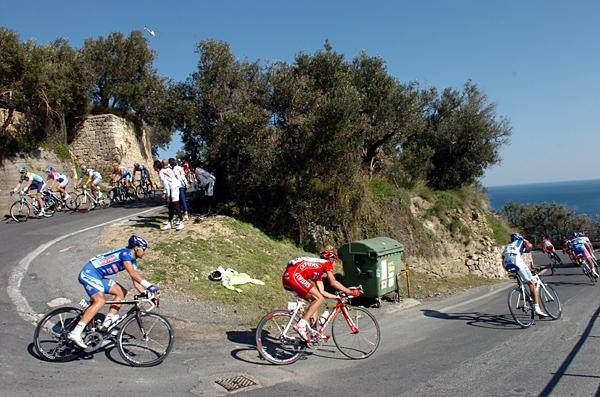
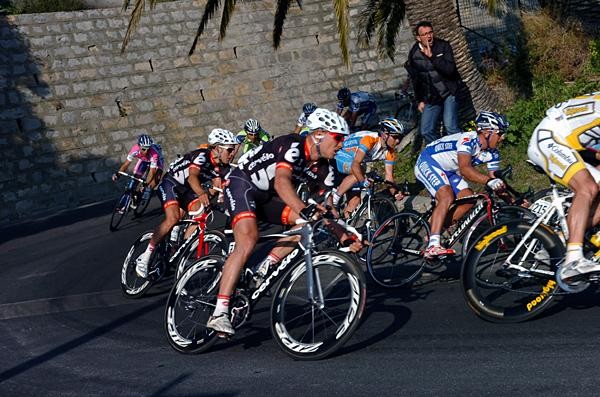
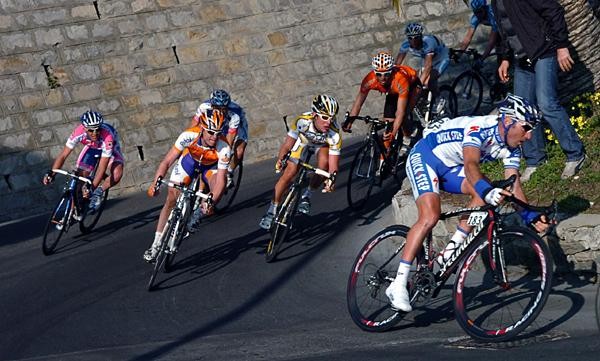

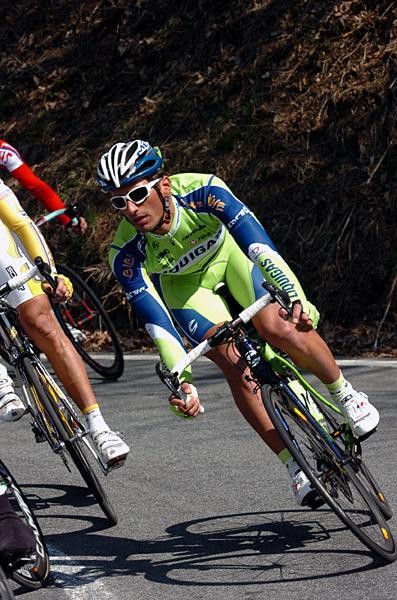
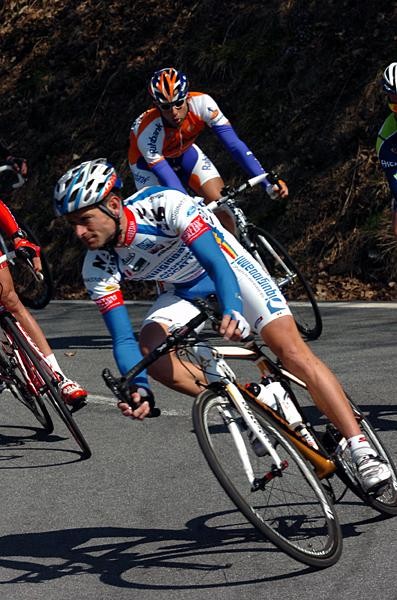
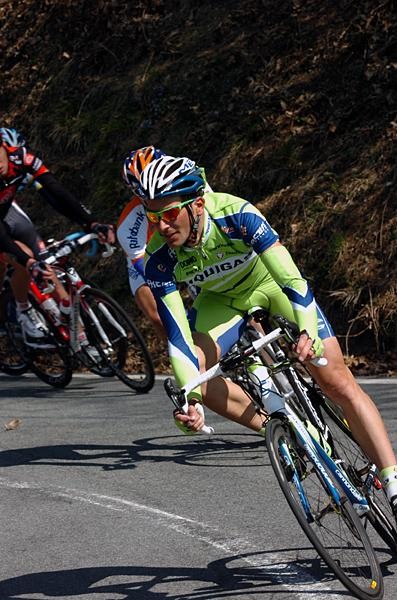
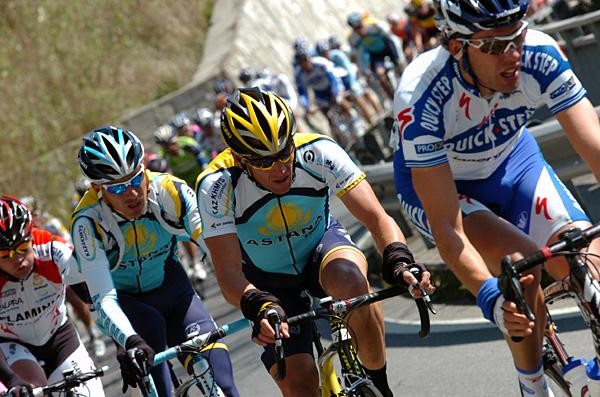

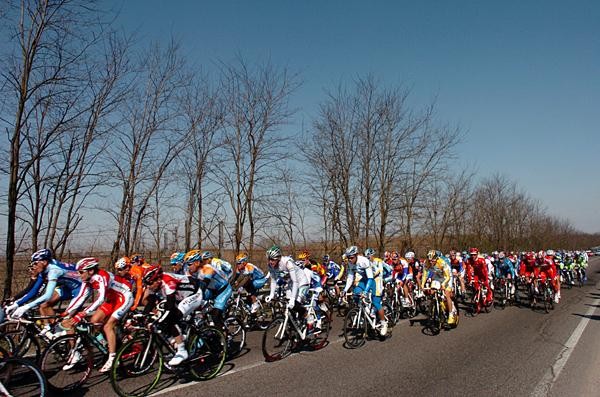
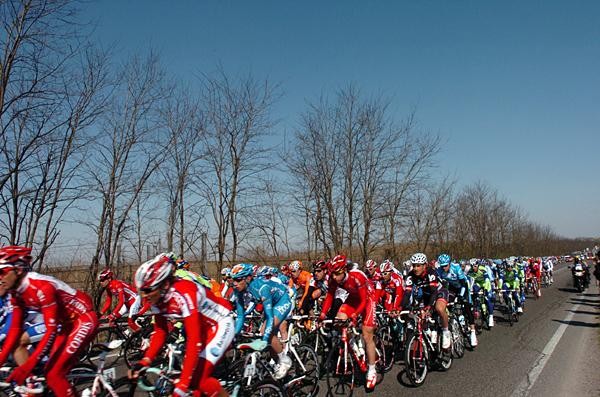
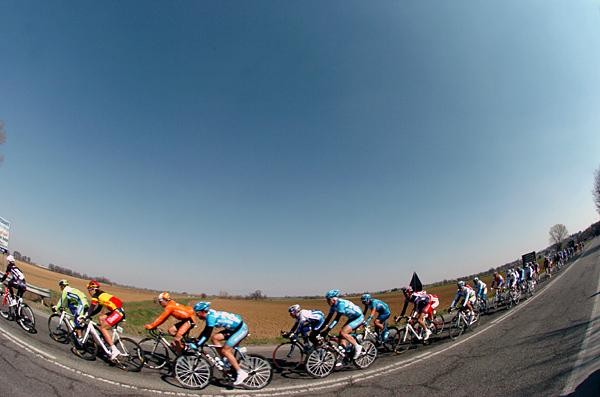
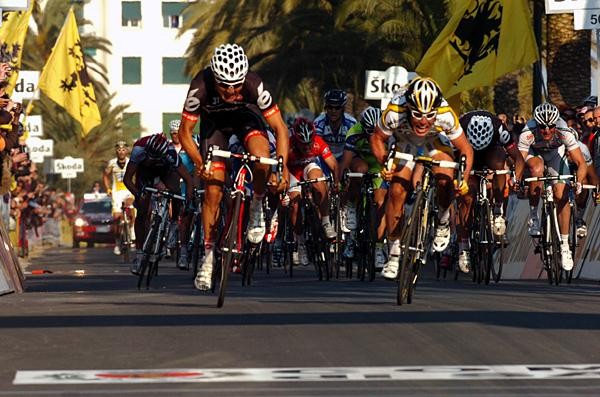

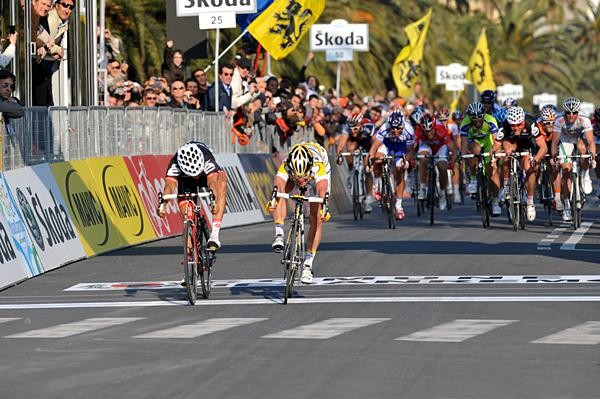
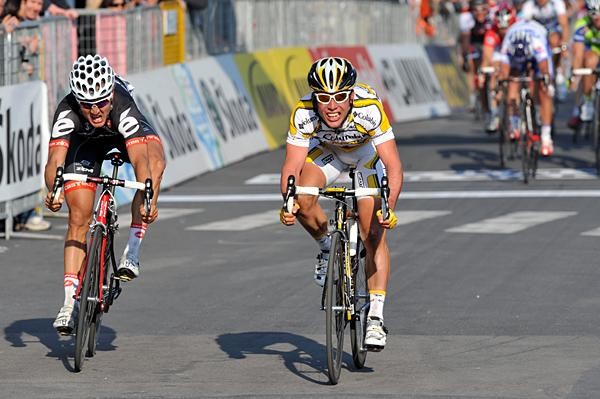

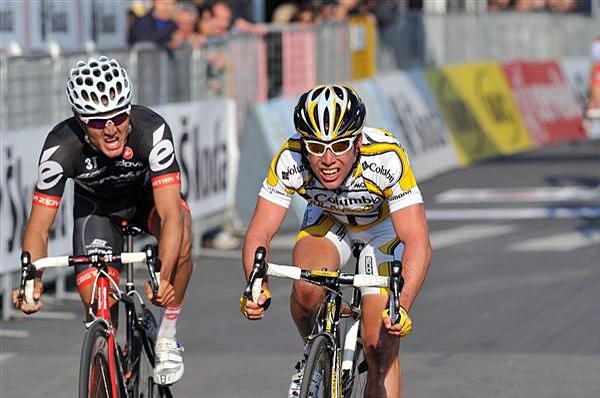
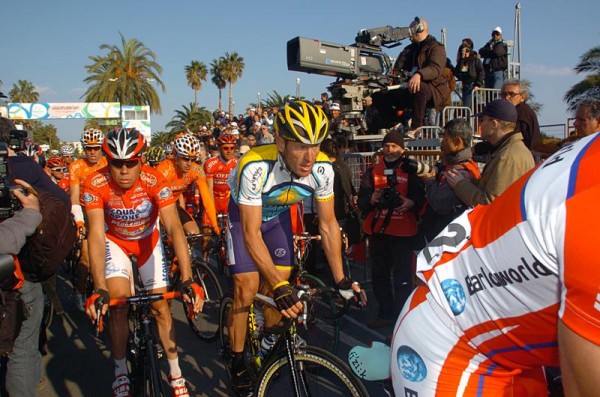
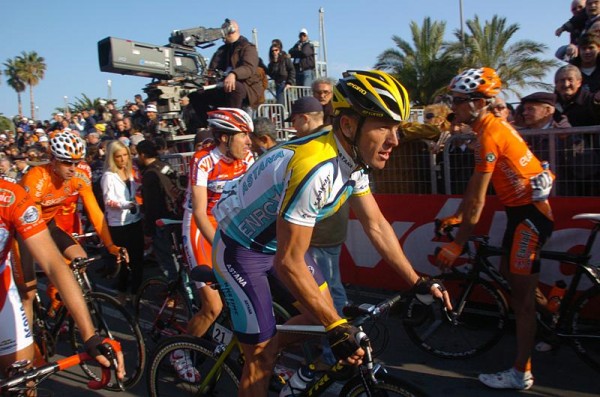
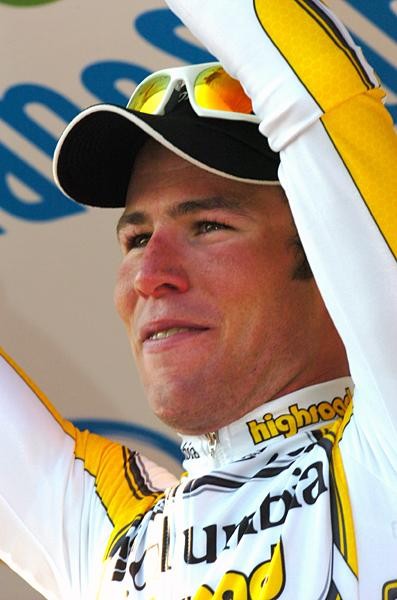
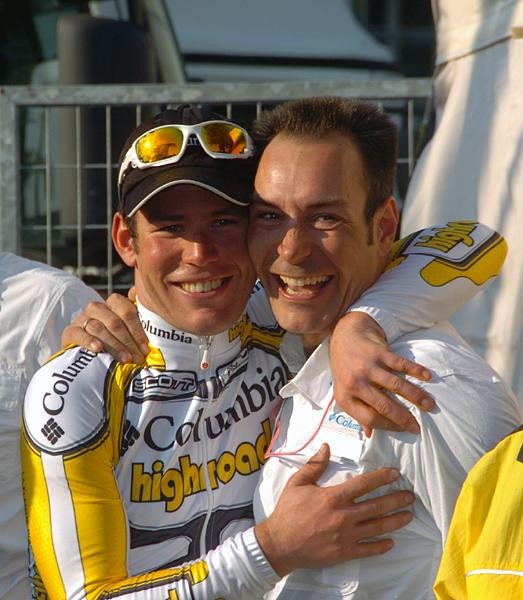
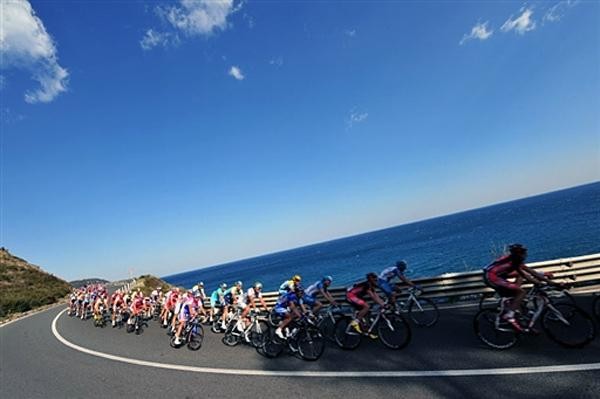
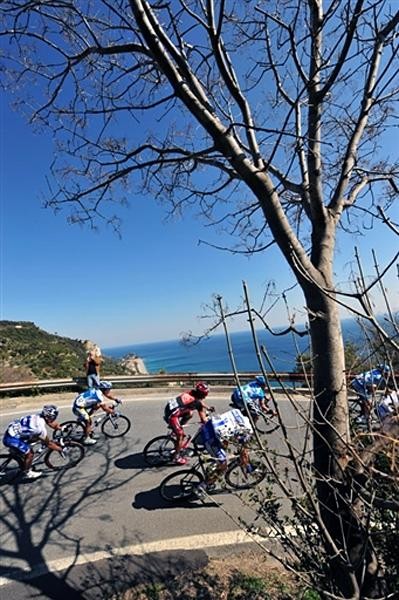
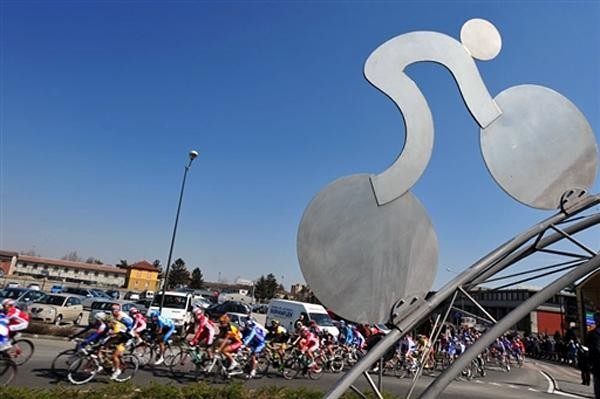
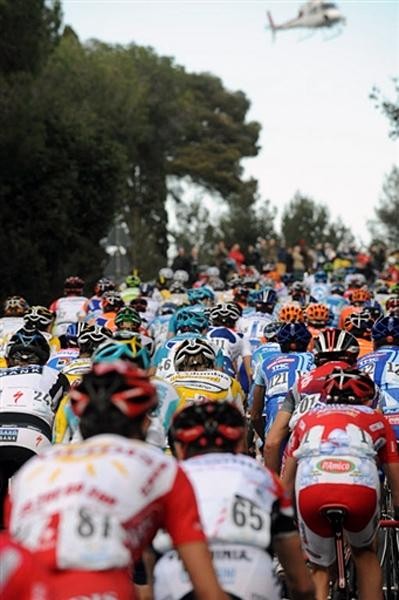
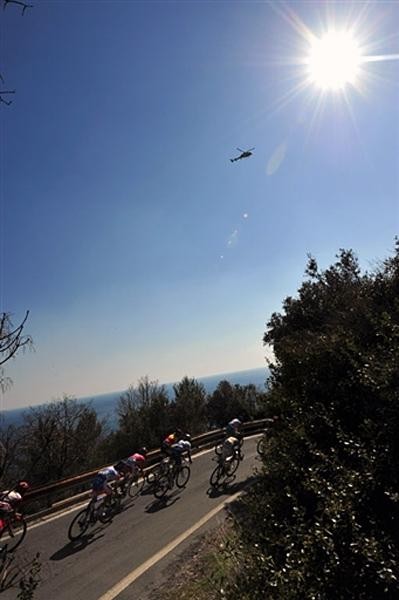
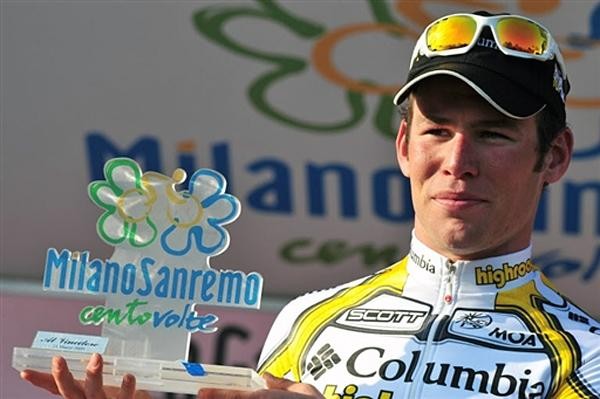
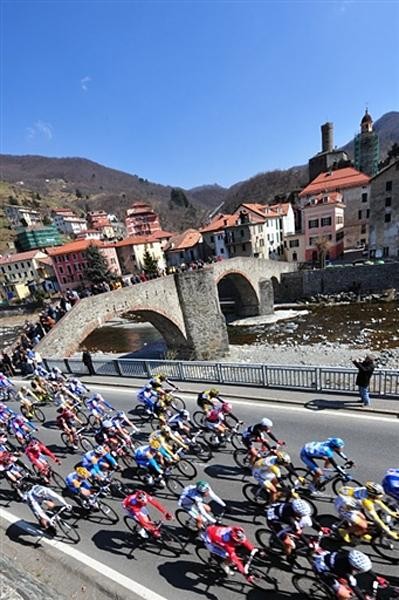
100th Milano-Sanremo - HIS
Italy, March 21, 2009
Mark Cavendish of Team Columbia-Highroad defied the skeptics, coming over the climbs near the finish to take the bunch sprint and win the 100th Milano-Sanremo. He pipped Cervélo's Heinrich Haussler, who opened the sprint, at the line to snatch the victory away. Haussler's teammate Thor Hushovd rounded out the podium.
Cavendish was well aware that nobody expected him to do anything today, due to his young age of just 23 years. "I wanted to prove I am more than just a sprinter, but a great rider – that is what I did today."
Cavendish was hugged by none other than four-time winner Erik Zabel at the finish. Zabel is now coaching the Columbia-Highroad sprinters and the German cried for the first time in Sanremo. "Yes, it was quite emotional. When Mark was still in the first group, and then he did that perfect sprint... we are very happy. That was a big number!"
The Cervélo TestTeam almost crossed Cavendish's plan. "When Haussler went it took us all by surprise. I waited for a moment and then I had to close the gap along the barrier. It was touch and go, I did not know if I was going to get him," Cavendish said.
The Cervélo duo Haussler and Hushovd did not only surprise the others, but even themselves. Haussler shot past the others like a rocket. "I yelled at Thor, 'Come on, get on my wheel,' and then I went. I was going too fast and he could not get on my wheel."
Haussler realised he had to do it by himself and went all out, quickly gaining a seemingly insurmountable lead of several bike lengths. But Cavendish pulled himself back into contention, although he still needed to get around Haussler. Cavendish's quest was helped by Haussler, who had Cavendish perfectly locked in on the left hand side of the road. Haussler moved towards the middle, opening up the road for Cavendish, who took the win by a small margin.
One of the few riders to try to prevent a sprint by attacking on the Poggio was Filippo Pozzato (Katusha), but the tactics didn't suit him today. "We went too slow on the first climb [Cipressa], so we were not able to make the difference. Afterwards it was Liquigas who was pulling at a high speed. Even if you tried it would have been useless."
Ivan Basso and Vincenzo Nibali set indeed a blistering pace in the latter part of the course. Pozzato went hard near the top of the Poggio and pulled away with Davide Rebellin (Serramenti PVC Diquigiovanni-Androni Giocattoli). However, the gap was too small and their attempt was brought back on the descent.
Cavendish was hanging on at the end of the group for dear life. But after the descent he worked his way up to find George Hincapie's rear wheel, and they went that way into the final kilometre.
Other sprinters didn't figure in the end. Allan Davis, who was supposed to ride for his Quick Step captain Tom Boonen, ended the day in fourth, after Boonen stopped pedaling early and rolled in in 15th place.
It was a nice, sunny day in Milano, when the peloton took off at 9:45. The speed was fast right from the start, with an average of 48 km/h in the first two hours of racing.
The break of the day was large, with 11 riders taking off early. Giampaolo Cheula (Barloworld), Mikhail Ignatiev (Team Katusha), Yuriy Krivtsov (AG2R), Christophe Le Mevel (Française des Jeux), Sebastian Lang (Silence-Lotto), Bernhard Eisel (Team Columbia-Highroad), Thomas Bertolini (Diquigiovanni), Sébastien Turgot (Bouygues Telecom), Maxim Belkov (ISD), Kasper Klostergaard Larsen (Team Saxo Bank) and Maarten Tjallingii (Rabobank).
After a bit of reshuffling, seven riders were left at the front after the climb of Le Manie. Cheula, Krivtsov, Le Mevel, Belkov, Klostergaard, Tjallingii and Turgot.
Over the Capo Berta Turgot attacked, but was quickly reeled back in. The bunch had come agonizingly close and was less than a minute behind. The break survived over the Cipressa, but Krivtsov and Klostergaard were the last to be reeled in.
The Cipressa brought a fast, but steady pace. It was urgent enough to reduce the contenders to a group of 40 or 50 riders. American Lance Armstrong (Astana) lost contact over the Cipressa and was in the second group, but he was hardly alone. Only 40-50 riders survived the penultimate climb.
On the front there were no attacks from small groups or individual riders, like seen in the past few years. The big group stayed together on the descent of the Cipressa and on the flat section towards the Poggio.
The only thing that changed was the gap to the peloton, which was up to 1:15 by the time the Poggio was reached.
The field was still together for most of the climb. It wasn't until a few hundred metres from the top when Pozzato and Rebellin tried their luck, but they were quickly brought back, leaving this year's Primavera to the sprinters.
The latest race content, interviews, features, reviews and expert buying guides, direct to your inbox!
Latest on Cyclingnews
-
Dual Corkscrew climb finale for women’s Tour Down Under in 2026 as men’s race tackle Willunga Hill triple on penultimate stage
Both courses deliver opportunity for shifts in overall standings right up to the very last kilometres of racing in the southern hemisphere summer -
Baloise Ladies Tour: Zoe Bäckstedt smashes prologue to claim first leader's jersey
Ellen van Dijk second, Charlotte Kool third in Yerseke -
Political protestor tackled at Tour de France finish in Toulouse as Abrahamsen-Schmid duo sweep across the line to conclude stage 11
Tour staffer's swift maneuver drives individual away from threat to riders and French riot police take suspect away in handcuffs -
'That was Ben' - EF Education-EasyPost say decision to slow peloton after Tadej Pogačar crashed taken by Tour de France leader Ben Healy
Team manager Jonathan Vaughters praises Irishman for fair play decision

